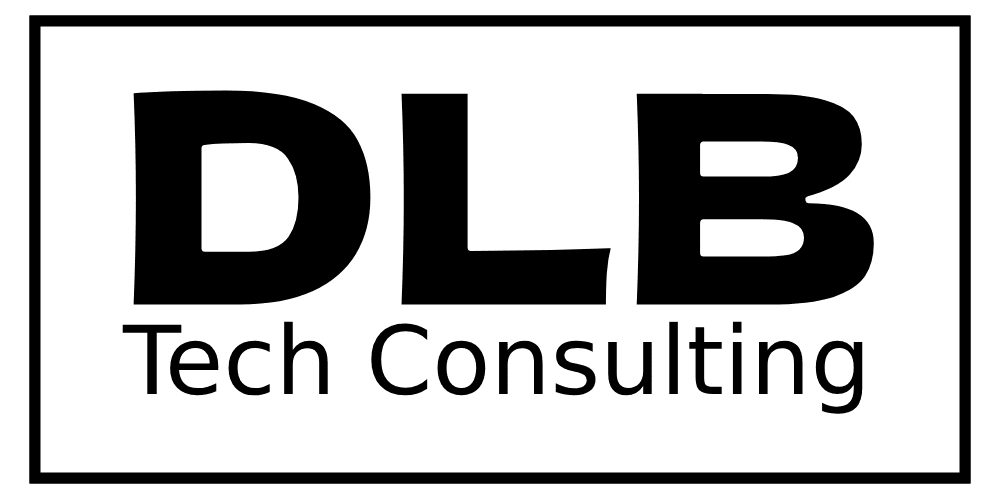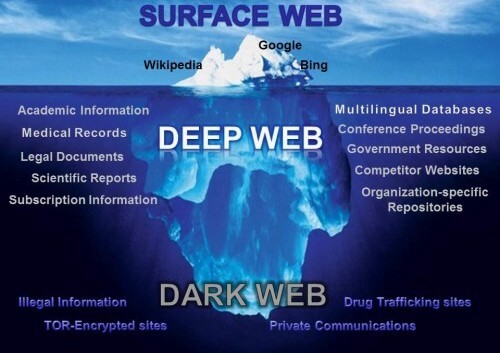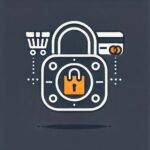The internet is much more than the websites you visit daily. Beyond the surface lies the deep web and the dark web—two hidden layers often misunderstood but fundamentally different. Understanding these hidden layers helps you stay safe online and make informed decisions. This guide will explain the key differences, highlight potential risks, and provide tips for staying secure.
Table of Contents
ToggleWhat is the Deep Web?
The deep web includes all content that search engines cannot index. This area is much larger than the surface web, which includes the websites you find through Google, Bing, or other search engines. The deep web comprises private databases, academic research, personal emails, online banking, and subscription-only sites. Anything behind a login, paywall, or with restricted access falls into the deep web category.
People use the deep web every day without realizing it. For example, when you log into your work email, check your online bank account, or view medical records, you are accessing the deep web. Unlike the dark web, the deep web does not have a reputation for illegal activity; it exists primarily to protect privacy and security. Most of the deep web’s content is perfectly legal and safe, designed to keep sensitive information private.
Key Differences Between Deep Web and Dark Web
While the deep web is generally safe, the dark web represents a much smaller and more dangerous part of the internet. To access the dark web, you need special software, like Tor (The Onion Router) or I2P (Invisible Internet Project). These tools anonymize your internet traffic, making it difficult for anyone to track your online activities. This anonymity attracts users who want to hide from authorities, including criminals.
Although some people use the dark web for legitimate reasons—such as evading censorship in oppressive countries or protecting their privacy—it is widely known for illegal activities. Dark web marketplaces sell drugs, stolen data, counterfeit currency, and more. Because of this, the dark web is associated with cybercrime, making it a risky place to explore.
The Dark Web’s Dangers and Why It’s Risky
Exploring the dark web can expose you to numerous risks. Cybercriminals often use the dark web to distribute malware, steal personal information, and scam unsuspecting users. For example, visiting an illegal marketplace could infect your device with harmful software that can track your keystrokes, steal your passwords, or gain access to your financial information.
Identity theft is another significant threat. On the dark web, criminals buy and sell stolen data, such as credit card details, social security numbers, and personal documents. If your data ends up on the dark web, it can be used for fraudulent activities, including creating fake identities, opening unauthorized accounts, or committing other types of financial fraud.
Businesses are also at risk. Hackers often target companies and sell sensitive corporate data on the dark web, including proprietary software, financial records, and client information. For businesses, this highlights the importance of implementing robust cybersecurity measures.
Staying Safe: How to Protect Yourself
To stay safe online, understanding the differences between the deep web and the dark web is crucial. The deep web is generally secure, but it is essential to be cautious when accessing sensitive information. Use strong, unique passwords, enable two-factor authentication, and regularly update your software to reduce the risk of unauthorized access.
Avoid the dark web unless you have a specific, legitimate reason to explore it. Even then, use extreme caution. For businesses, investing in cybersecurity is critical to protect against threats originating from the dark web. This includes using secure networks, data encryption, and regular monitoring for potential breaches.
At DLB Tech Consulting, we specialize in tailored cybersecurity solutions to protect businesses from online threats. Our services include secure network setups, data protection, and ongoing threat monitoring to keep your data safe. For more detailed information, check out our guide to cybersecurity best practices.
Final Thoughts
The deep web plays a vital role in protecting privacy and keeping sensitive information safe. However, the dark web presents significant dangers that require caution and awareness. By staying informed and taking proactive steps to secure your data, you can navigate the hidden layers of the internet more confidently.
For expert guidance on protecting your business, contact DLB Tech Consulting. We offer personalized IT security solutions to help you stay safe in the ever-evolving digital landscape.




